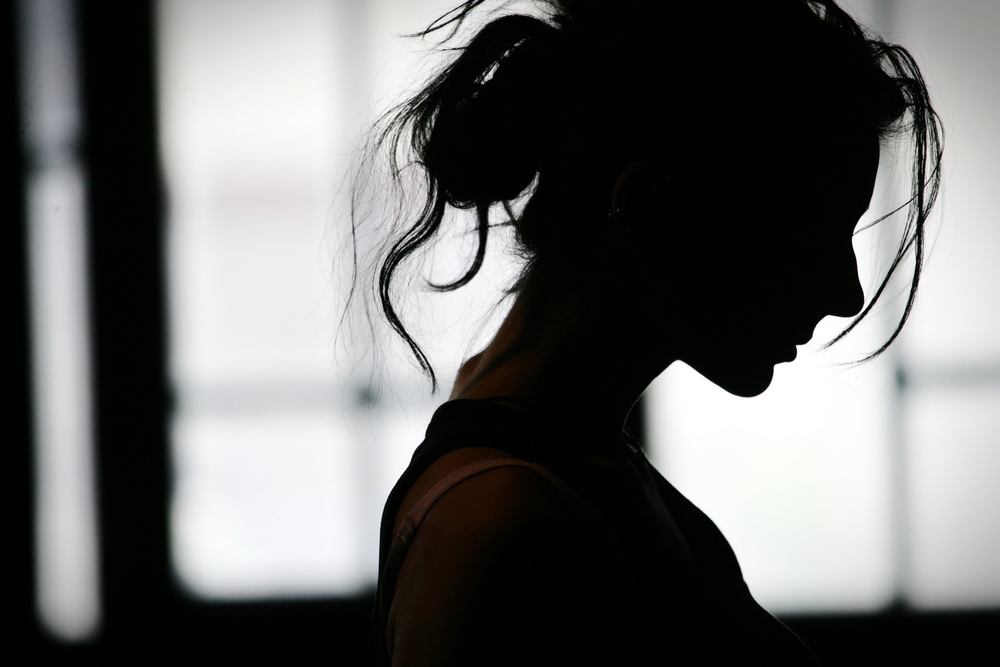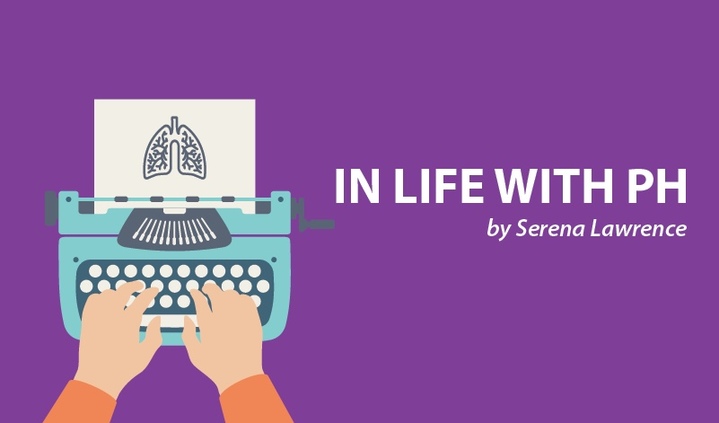My Experience with a Post-PH Depression Diagnosis
Written by |

I’ve been living with depression nearly my entire life. I remember starting to struggle with overwhelming feelings of sadness and fear around the age of 5. My symptoms started to escalate as I became a teenager, but by this time, I had learned how to hide my demons. Because I was on the “higher-functioning” end of depression, it was very easy to conceal just how much I was struggling on the inside. I was an A student who received scholarships and volunteered at the Canadian Mental Health Association, but on weekends I would become self-destructive, placing myself in sometimes dangerous situations.
My struggle with depression continued well after my teen years, following me into my 20s. I remember taking the bus home from work every day and thinking about how I felt like a massive failure. Then I would lie awake all night wondering what my purpose was and whether I was good enough. I had a hard time finding the point in anything because I constantly felt as if I was unworthy. I disliked myself so much that I would often wish for something to happen that would either “take me away” or help shape me into a better person. Then one day, I started to get sick … really sick.
Flash forward to a few months later and I was diagnosed with idiopathic pulmonary arterial hypertension. It wasn’t clear how long I had left, but things didn’t look (or feel) great. It was at this time that I began to experience the other side of the coin.
This form of depression was all-encompassing, and this time I could not hide it. In fact, my medical file had “suicide risk” in big letters on the outside of it. Nurses were careful to never leave me unattended. My doctors would try to convince me to see a psychiatrist or take anti-depressants at every appointment. I tried taking Ativan (lorazepam) for a bit, but it felt more dangerous for me to have access to this medication given my shaky mental state.
My hidden shame became common knowledge. I was no longer able to hide my depression by working a full-time job or by having an active social life. I was unable to really connect with people and spent a lot of my time in solitude. I also had a really difficult time finding the energy or motivation to get out of bed. The fact that I was in-between stage 3 and 4 heart failure did me no favors. I suddenly relied on others to help me do basic things such as getting dressed — at the age of 25. Was this the humbling experience I so badly wished for? No, but it was happening whether I liked it or not.
I knew I was not coping well with my diagnosis, so I returned to work only six months later. I thought that maybe I just needed to get out of the house and that work would help give me a sense of purpose. Spoiler alert, it did not. Returning back to work so soon catapulted me into another version of hell, only this time I was wearing a pantsuit instead of sweatpants. (If you ever get to pick, always pick the version of hell where sweatpants are permitted.)
Share your experience with depression and talk to others patients in our PH forums
Going to work every day, given my physical and mental condition, was beyond exhausting. I would try to wake up before my alarm to give myself at least 10 minutes to cry before forcing my body out of bed. Other times I would call in sick to work, unable to pull myself together. I managed to return to work for nearly a year before I decided I needed to leave in order to really focus on myself, which is another full-time job within itself.
When I left work, I devoted all of my spare time to myself. I eventually found better ways to cope with the depression following my diagnosis. (It doesn’t work for everyone, but meditation and self-help books gave me the motivation I needed to start living again.)
My life is very different than what I envisioned for myself pre-diagnosis, but it is also vastly different than what I thought it could be like post-diagnosis. I’ve had the chance to experience so many things I wasn’t supposed to enjoy ever again, from concerts to first kisses.
Although I still struggle with depression following my diagnosis, I view the past few years as a second chance at life. This time I try to tackle things with a different perspective and a sense of gratitude; even the smallest thing leaves me with an overwhelming sense of excitement — and this has been a welcome change for me.
If you or someone you know needs help, you can reach the Lifeline at 1-800-273-8255, or the Crisis Text Line by texting “HOME” to 741-741, twenty-four hours a day, 7 days a week.
***
Note: Pulmonary Hypertension News is strictly a news and information website about the disease. It does not provide medical advice, diagnosis, or treatment. This content is not intended to be a substitute for professional medical advice, diagnosis, or treatment. Always seek the advice of your physician or other qualified health provider with any questions you may have regarding a medical condition. Never disregard professional medical advice or delay in seeking it because of something you have read on this website. The opinions expressed in this column are not those of Pulmonary Hypertension News or its parent company, Bionews Services, and are intended to spark discussion about issues pertaining to pulmonary hypertension.





Christopher LaRose
My depression is held in place by loneliness.